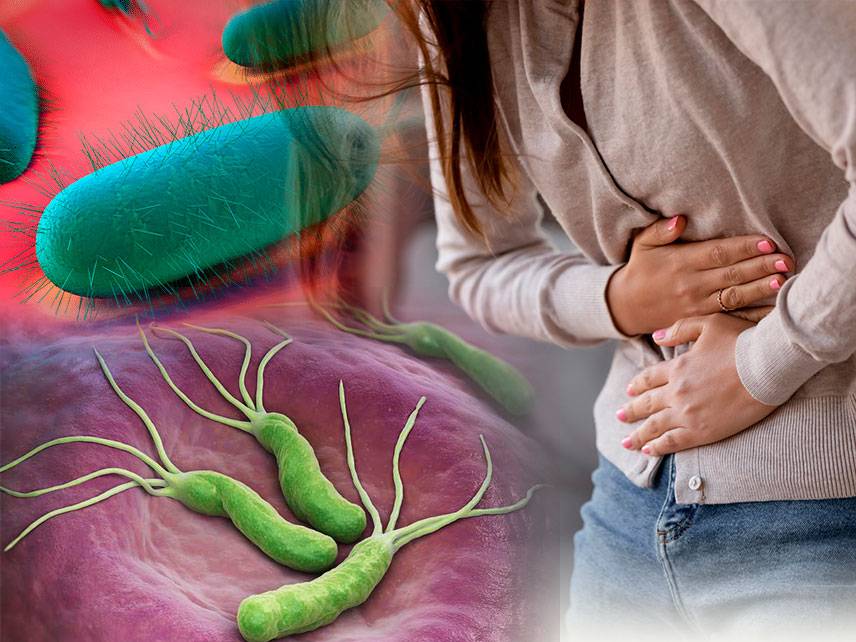Helicobacter pylori (H. pylori) infection is a bacterial infection of the stomach lining caused by the Helicobacter pylori bacteria. It is one of the most common bacterial infections in the world, affecting more than half of the world’s population. H. pylori infection can cause a range of gastrointestinal symptoms, including abdominal pain, bloating, and nausea. It can also lead to more serious health complications, including ulcers and even stomach cancer. In this article, we will discuss the signs and symptoms, causes, diagnosis, and treatment of H. pylori infection.
Signs and Symptoms
The most common symptom of H. pylori infection is abdominal discomfort. This can include a burning sensation in the stomach, pain in the upper abdomen, and a feeling of fullness. Other symptoms may include nausea, vomiting, loss of appetite, burping, and bloating. Some people may also experience weight loss, indigestion, and dark stools.
Causes
H. pylori is a type of bacteria that lives in the gut and can cause infection. It is believed to spread through contact with saliva or contaminated food and water. It can also be spread through skin-to-skin contact.
Risk Factors
Certain factors may increase the risk of H. pylori infection, including living in a crowded or unsanitary environment, having poor hygiene, being in close contact with someone who is infected, and having a weakened immune system.
Prevention
The best way to prevent H. pylori infection is to practice good hygiene. This includes washing your hands often with soap and water and avoiding contact with saliva or contaminated food or water.
Diagnosis
If you experience symptoms of H. pylori infection, your doctor may order tests to confirm the diagnosis. These tests may include a blood test, a stool test, or an endoscopy.
Treatment
H. pylori infection can be treated with antibiotics and other medications. These medications can help to kill the bacteria and reduce symptoms. In some cases, surgery may be necessary to remove infected tissue.
Coping and Support
If you are diagnosed with H. pylori infection, it is important to seek support from family, friends, and medical professionals. Your doctor can help you develop a plan to manage your symptoms and reduce the risk of complications.
Complications
If left untreated, H. pylori infection can lead to serious complications, including ulcers, stomach cancer, and other digestive problems.
Living with H. pylori Infection
If you have H. pylori infection, it is important to follow your doctor’s instructions for treatment and to practice good hygiene. It is also important to eat a balanced diet and get regular exercise to help strengthen your immune system.
H. pylori infection is a common bacterial infection of the stomach lining that can cause a range of gastrointestinal symptoms. It is important to be aware of the signs and symptoms, causes, diagnosis, and treatment of H. pylori infection to prevent serious health complications. If you experience any of the symptoms of H. pylori infection, it is important to seek medical attention.





